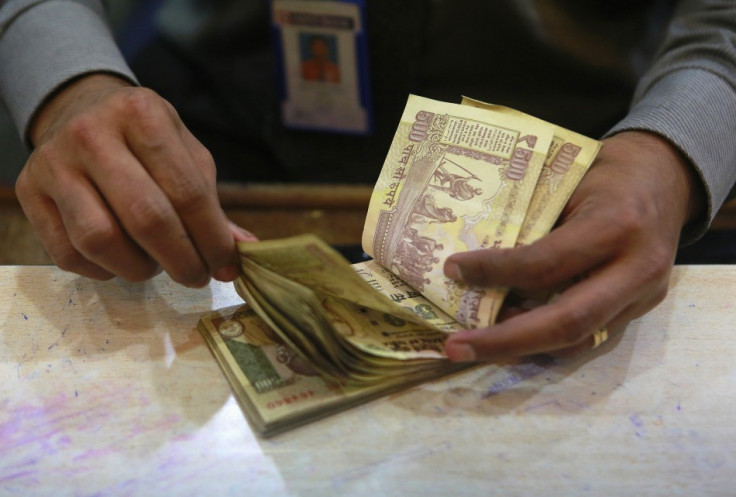Indian Rupee Down Despite Positive Moody's Remarks as Weak Shares and Strong Dollar Weigh

The Indian rupee traded lower despite Moody's calling the recent Reserve Bank of India (RBI) measures credit-positive, as month-end dollar demand and weaker shares weighed on the local currency.
The broad dollar rally ahead of likely hawkish signals from the FOMC and a set of important US releases this week also hit the rupee.
The USD/INR rose to 60.11 from Friday's close of 60.06. The pair is on an uptrend since the 22 May low of 58.23, but in the big picture, it is still holding the broad downtrend since August last year, when it traded as high as 69.20.
Importers in India usually step up their dollar purchases for their overseas payouts, increasing the downside pressure on the rupee.
India's main stock index Sensex traded 0.68% lower, bucking the trend of rallying on major Asian bourses, dragged by a 1.6% drop in Reliance Industries and a 3.3% fall in Coal India.
The US dollar index, a gauge that measures the strength of the greenback against currencies of the six largest trading partners of the US, held near the near six-month high of 81.08 touched on Friday. It had dropped 0.75% in June but has rallied 1.6% so far this month.
Central bank steps
The RBI on 23 July raised the amount of Indian sovereign securities that foreign institutional investors can buy to $25bn from $20bn, one of several steps the central bank has taken to revive growth and correcting macroeconomic imbalances.
Raising the limit for foreign institutional investors is credit-positive for the Government of India because it will increase foreign investment in government securities over the next several months.
This, in turn, will accelerate India's incipient growth by helping stabilise domestic market interest and currency rates, Moody's said.
"Because the revised investment limit is small enough not to raise foreign ownership of government debt much beyond 10% of total outstanding, the sovereign's exposure to fluctuations in international risk appetite remains limited," said Atsi Sheth, a senior vice-president at Moody's.
Other measures the RBI has taken over the past week include easing lending conditions for infrastructure projects and increasing capital requirements on domestic systemically important banks.
Exchange rate pressures have subsided and inflation has cooled this year, but uncertainty around global commodity price trends and the prospects of rising food inflation owing to a weak monsoon season in June and July, will preclude the RBI from implementing significant monetary stimulus this year, Moody's noted.
"Instead, we expect the RBI to exercise its supervisory and regulatory authority to nudge growth toward sustainable acceleration."
© Copyright IBTimes 2025. All rights reserved.






















